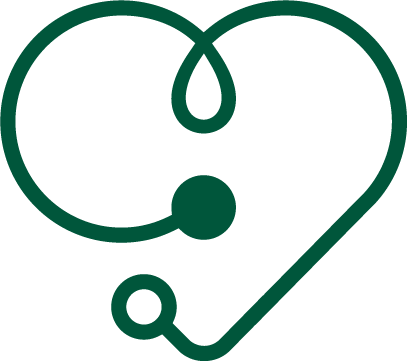When we think about our diet, we might think primarily about the ‘macronutrients’; carbohydrates, fats and proteins. But vitamins and minerals, the so-called ‘micronutrients’ are just as crucial. Even if we do think about our vitamin intake, we might only focus on immune boosting vitamin C or the sunshine vitamin, vitamin D. The B vitamins tend to be overlooked as the poorer, less important cousins of the vitamin world. But without the B vitamins, we’d be in a very poor state of health.
Here’s the lowdown on the B vitamins, why we need them and where we’ll find them.
The What, Where and Why of the B Vitamins
The B vitamins (and vitamin C) are all water soluble vitamins. This means that they cannot be stored by the body like the fat soluble vitamins, vitamins A, D, E and K. We need to consume the water soluble vitamins on a daily basis, as any excess that we have is eliminated from the body in the urine, rather than being stored in our fat reserves for when we might need them.
There are eight B vitamins, each with a specific role, but on the whole, they’re associated with releasing energy from food, preventing tiredness and looking after the nervous system. They’re generally found in wholegrain bread, cereals and pasta, brown rice, green leafy vegetables, nuts and pulses. Here’s more on each B vitamin:
Vitamin B1 – Thiamine
Role – Releases energy from dietary carbohydrates, helping the growth and development of all of the cells within the body. It also helps support the immune system and the heart and skeletal muscles.
Good food sources – Whole grains, nuts, fresh and dried fruits and fortified breakfast cereals and bread.
Deficiency symptoms – weight loss, muscle weakness, confusion and short term memory loss.
Vitamin B2 – Riboflavin
Role – Releases energy from dietary fats, proteins and carbohydrates, transports iron around the body and helps the structure and function of the cells of the mucous membranes such as the lining of the mouth and nose, the skin and the nervous system.
Good food sources – Cow’s milk, eggs, brown rice, fortified breakfast cereals, beans, mushrooms and green vegetables.
Deficiency symptoms – Dry, cracked skin around the mouth and nose, a painful, dry, red tongue, hair loss and itchy, sore eyes.
Vitamin B3 – Niacin
Role – Releases energy from the food we eat and helps to keep the skin and immune system healthy.
Good food sources – Meat, fish, fortified bread, eggs and dairy products.
Deficiency symptoms – Although extremely rare, a condition called pellagra can be caused by a severe deficiency of vitamin B3. Pellagra is characterised by the skin becoming ultra-sensitive to sunlight causing sunburn.
Vitamin B5 – Pantothenic Acid
Role – Releases energy from food.
Good food sources – Meat, eggs, whole grains, fortified cereal products, tomatoes, broccoli and potatoes.
Deficiency symptoms – a deficiency is extremely rare.
Vitamin B6 – Pyridoxine
Role – Releases energy from dietary carbohydrates and protein, helps in the formation of haemoglobin, the component of red blood cells that carries oxygen and iron around the body and assists in the production of amino acids.
Good food sources – Poultry, white fish, eggs, fortified bread and cereals, whole grains, soya products, dairy products and potatoes.
Deficiency symptoms – anaemia, sore cracks in the corners of the mouth, a swollen tongue, confusion and depression.
Vitamin B7 – Biotin
Role – Breaks down dietary fats.
Good food sources – Meat, fish, nuts, seeds, fortified cereals and sweet potatoes.
Deficiency symptoms – a deficiency is extremely rare.
Vitamin B9 – Folic Acid
Role – aids in the formation of healthy red blood cells and the cells of the nervous system.
Good food sources – Fortified breakfast cereals, brown rice, chickpeas, brussels sprouts, broccoli, spinach, peas, oranges and bananas.
Deficiency symptoms – anaemia, tiredness, lethargy, low mood and insomnia. A deficiency can also lead to spina bifida in a woman’s unborn child and supplements are recommended during the first three months of pregnancy.
Vitamin B12 – Cobalamin
Role – releases energy from food, helps in the production of red blood cells and supports the nervous system.
Good food sources – Meat, fish, eggs, dairy products, fortified cereals and Marmite.
Deficiency symptoms – anaemia, tiredness, lethargy, abdominal pain and a burning, swollen tongue.
On the whole, B vitamin deficiencies are rare but can occur and lead to tiredness and low energy. Eat a variety of whole grains and vegetables, and if you think you may be deficient, consider taking a supplement, particularly if you don’t eat red meat.












